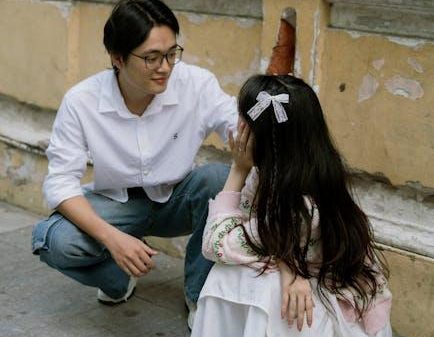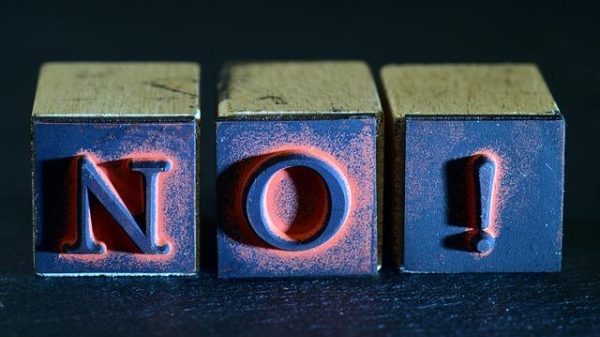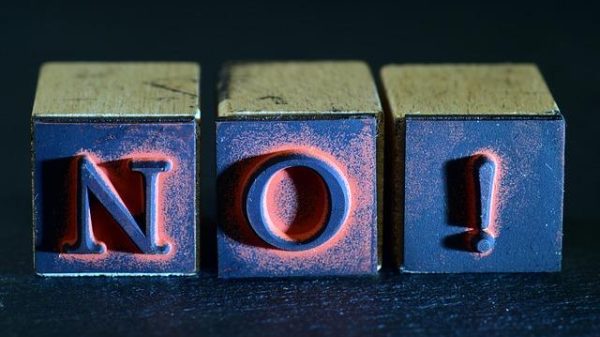Rejection is a universal experience, a thread that weaves through the tapestry of human interaction, leaving its mark on hearts and minds alike. It can be as subtle as a disapproving glance or as overt as a direct dismissal, but its sting is felt by all. However, the question arises: does rejection cut deeper for some than for others? Specifically, does it carve a more painful path for those who grapple with low self-esteem? As we delve into the intricate dance between self-perception and the pain of rejection, we explore the psychological landscapes that shape our responses to being turned away. Through examining the nuances of self-worth and emotional resilience, this article seeks to unravel whether the armor of self-esteem truly determines the impact of rejection, or if its sting is universally sharp, regardless of one’s inner narrative.
Understanding the Emotional Impact of Rejection on Low Self-Esteem
For individuals grappling with low self-esteem, rejection can resonate profoundly, often intensifying feelings of inadequacy and self-doubt. When faced with rejection, whether it be in personal relationships, professional settings, or social circles, these individuals might find it challenging to separate the event from their self-worth. This can lead to a vicious cycle of negative self-talk, where they might internalize the rejection as a reflection of their overall value. Such emotional turbulence can be overwhelming, affecting various aspects of their lives.
- Increased Sensitivity: People with low self-esteem may perceive rejection as more personal and impactful, leading to heightened emotional responses.
- Negative Self-Talk: Rejection can trigger a cascade of negative thoughts, reinforcing feelings of inadequacy and unworthiness.
- Avoidance Behaviors: To protect themselves from future pain, they might withdraw from social situations or opportunities.
- Impact on Mental Health: Continuous exposure to rejection without adequate coping mechanisms can exacerbate mental health issues like anxiety and depression.
The Role of Self-Perception in Coping with Rejection
Self-perception plays a pivotal role in how individuals process and recover from rejection. For those with low self-esteem, rejection can feel like a confirmation of their worst fears about themselves, reinforcing a negative self-image. This can lead to a cycle where each rejection feels more personal and devastating than it might to someone with a healthier self-view. In contrast, individuals with a positive self-perception are often able to view rejection as a single event that doesn’t define their worth, allowing them to move on more swiftly.
Key factors influencing how self-perception affects coping mechanisms include:
- Interpretation: Low self-esteem can lead to interpreting rejection as a personal failure, whereas a positive self-image might see it as a learning opportunity.
- Resilience: Those with high self-esteem often have a stronger emotional resilience, enabling them to bounce back more quickly.
- Support Systems: Individuals with a healthy self-view are more likely to seek and accept support from others, while those with low self-esteem may isolate themselves.
Understanding these dynamics can help in developing strategies to build self-esteem, thereby enhancing resilience to rejection.

Building Resilience: Strategies for Strengthening Self-Esteem
Fostering a resilient mindset can be transformative, particularly when navigating the turbulent waters of rejection. To bolster self-esteem, consider integrating some practical strategies into daily life. Self-reflection is key; regularly engage in journaling or meditation to gain insights into your personal strengths and areas for growth. Mindfulness practices can also anchor you in the present moment, reducing the impact of negative self-talk.
Additionally, surrounding yourself with a supportive network can be invaluable. Cultivate relationships with individuals who encourage and uplift you, while gently distancing from those who perpetuate negativity. Here are some strategies to consider:
- Engage in positive affirmations to reframe your internal dialogue.
- Set realistic and achievable goals to build confidence incrementally.
- Embrace failures as learning opportunities rather than personal shortcomings.
By consistently applying these strategies, you can gradually fortify your self-esteem, making the inevitable rejections encountered along life’s journey more manageable.

Fostering Healthy Relationships Through Improved Self-Image
In the journey of building fulfilling connections, the way we perceive ourselves plays a pivotal role. A positive self-image acts as a foundation for fostering healthy relationships, while a fragile self-perception can lead to struggles with rejection. When self-esteem is low, individuals often internalize rejection as a reflection of their worth, rather than an isolated event. This can manifest in various ways, such as:
- Avoiding new relationships due to fear of further rejection.
- Overanalyzing interactions, seeking hidden meanings in simple exchanges.
- Feeling unworthy of love or friendship, leading to self-sabotage.
By cultivating a robust self-image, individuals are better equipped to view rejection as a natural part of life, not a defining moment. This shift in perception not only enhances personal resilience but also encourages openness and authenticity in relationships. Confidence in one’s value can transform how we interpret setbacks, allowing for deeper connections and mutual respect.








